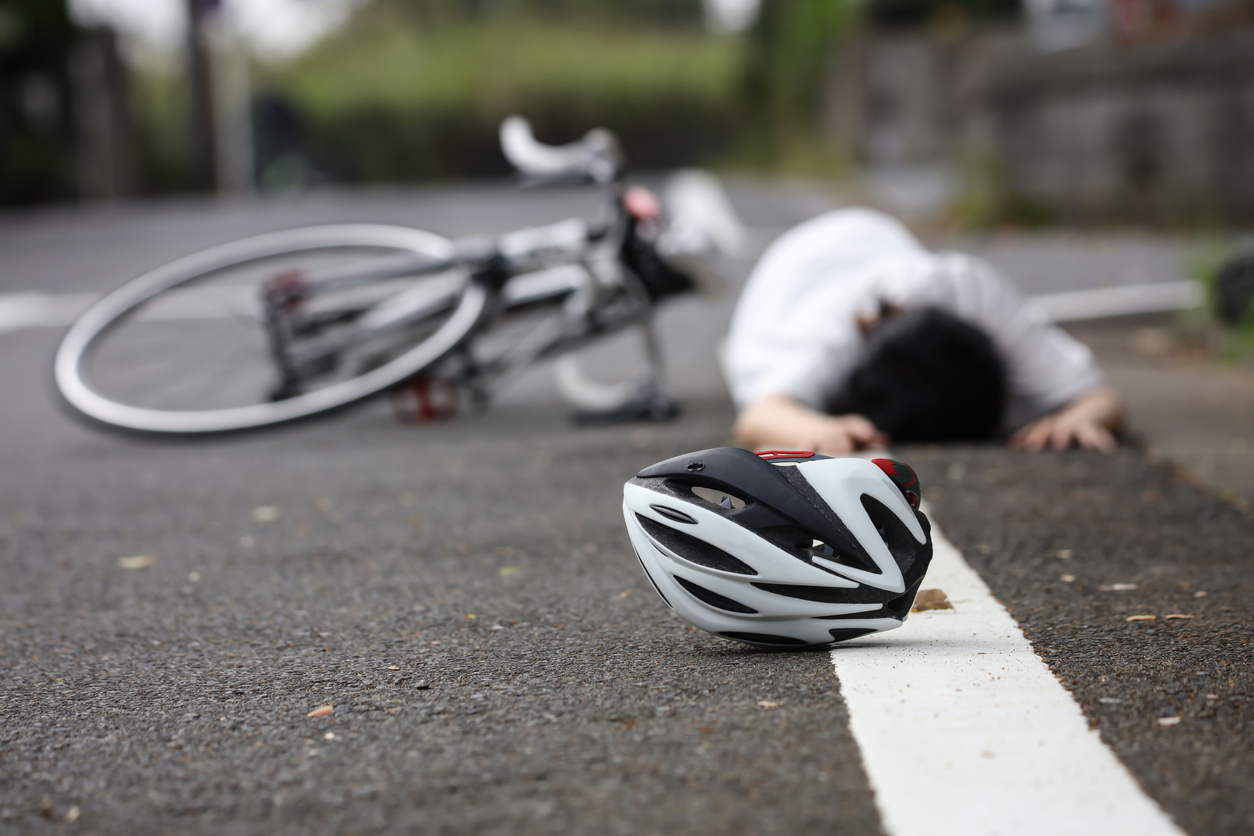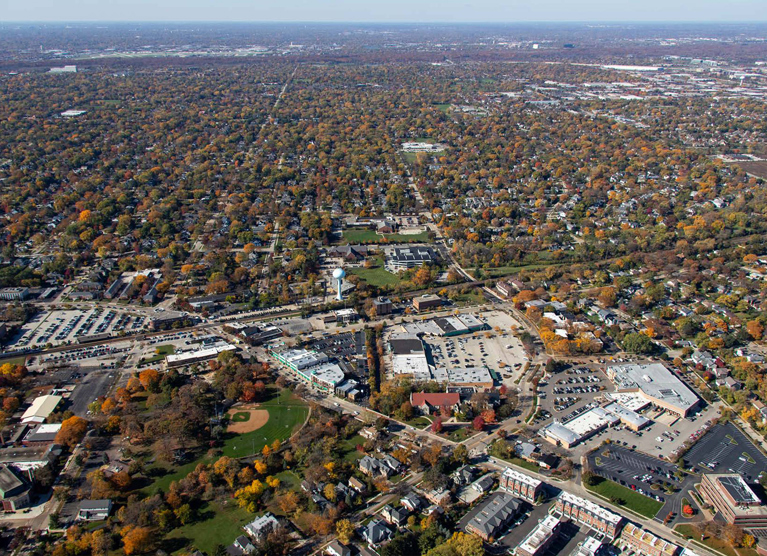
It is not uncommon to experience shoulder pain after bike riding, either from the general stresses and strains of cycling or due to an injury incurred in a bike fall. Cycling injuries, including neck pain and shoulder pain are often severe enough to prevent bikers from riding. Fortunately, there are a number of ways to prevent and treat these aches and pains so that they don’t interfere with your time on the bike.
No avid cyclist wants to spend time on the sidelines, and these tips should help you get back in the swing of things. A bike neck injury or a bike shoulder injury can be particularly debilitating, so you should seek medical treatment as soon as possible.
Whether you are an experienced cyclist or a novice, it is important to first determine what has caused your cycling neck pain. Often, bikers experience pain shortly after purchasing a new bike or making adjustments to the fitting of their current bike. Another cause for neck or shoulder pain after bike riding is if you become injured in a crash.
Often, whether you hit a pothole, stop short, or are struck from behind, the forward momentum causes your body to move up and over the bike. This, in turn, sends you towards the pavement headfirst. Your helmet may take the brunt of the impact, but likely your neck and shoulders are jarred as well. We will break up the possible treatments for shoulder pain after bike riding and after bike crashing into two separate sections, as they are quite different.
If you have recently been involved in a bicycle crash, it is not unusual to experience some degree of neck and shoulder pain. If your crash was minor, some anti-inflammatory medication and a bit of time might be enough to relieve your pain. If, however, your crash was more severe, you might experience severe pain and injuries that should be treated by a physician.
Tips For Home Treatment of Minor Bicycle Injuries
- Apply ice initially to reduce the swelling
- Take an anti-inflammatory pain reliever
- Give yourself a bit of time away from the bike.
- Use mild stretches, but never push to the point of pain or discomfort
Although riding a bicycle is fairly forgiving on the body, the neck and shoulders can experience some strain, especially if those muscles are weakened. Unfortunately, when we are injured we tend to stiffen our body and hold the hurt area taut. This can cause the muscles to become stiff as well. You can massage the tender muscles gently, and practice range of motion exercises. This will allow you to maintain flexibility while still allowing injured areas to heal.
If you have been involved in a minor bicycle crash and discover that, weeks on, you are still experiencing cycling neck pain, you should make a visit with your physician. Often, doctors prescribe a course of physical therapy for neck and shoulder pain after bike riding, especially when it was caused in a crash. The exercises provided by the physical therapist both help heal the damaged muscles and strengthen the surrounding muscles to better support the injured area.
You may find that your therapist or physician suggest you lighten the intensity of your cycling for a bit as your body heals. Although time off the bike is never welcomed, if it means that it allows your body to heal completely it will be well worth it in the end.
Should the pain continue, you should see a sports medicine specialist for a physical examination. Although unlikely, you may have a clavicle fracture, ac joint injury, or rotator cuff injury. These injuries should be treated by a medical professional.
Non-Accident Neck & Shoulder Pain
If you experience shoulder or neck pain during or after cycling, it is important to analyze your specific situation. Did you recently get a new bike or a new bike fitting? Have your ergonomics at work changed? Have you been performing any duties that may have caused excessive stress on your neck or shoulder muscles? Sometimes the issue has causes totally unrelated to cycling.
For example, a friend of mine started complaining about cycling neck pain that was recurring. It turns out, she had recently given birth to a baby and spent many hours holding the baby. As she held her baby, she would often turn her head to gaze at her. The unusual body position was putting a strain on her neck muscles. That strain, in turn, often flared up on the bike. That’s why it is important to really be mindful of any changes you have made that could play a part in causing your pain.
If a new bike or a bike fitting are causing your cycling neck pain, you should check for proper posture on your bike. Incorrect posture can put a strain on your neck, shoulders, and back. Proper posture guidelines should help you determine if your bike or your body needs adjustment.
When you are cycling, be sure to look ahead with your eyes. You do not need to move your neck upward to look ahead. In fact, doing so puts a strain on your neck muscles. Get in the habit of looking forward simply by adjusting your gaze. This will help ease the stress on the neck and shoulder muscles. As an added bonus, it is a great way to streamline your stance.
If you have made adjustments to your posture, bike fit, and gaze, and are still experiencing shoulder pain after bike riding, try some exercises to strengthen your muscles. Even the fittest among us can benefit from strengthening exercises. Hit the gym and work on strengthening the muscles in your upper body and chest. That upper body support can help prevent pain as you engage your muscles when cycling.
As always, if you have any serious medical concerns, it is best to contact your physician for a professional opinion.
No matter the reason for your crash, if you are involved in a bicycle crash, even if you think you may be to blame, contact an experienced bicycle crash lawyer at Kass & Moses today. We understand the tactics that insurance companies commonly use in an attempt to get you to settle for less than you deserve. We know better – and we believe you are worth more than that. Put the power of the law in your hands with Kass & Moses. Ride safe!
For more information, contact an experienced personal injury lawyer at Kass & Moses Personal Injury Lawyers to schedule a free consultation.
We proudly serve clients throughout Northbrook, Lake County, IL, and nearby areas, including Waukegan, Gurnee, North Chicago, Highland Park, Round Lake Beach, Zion, Grayslake, Libertyville, Lake Zurich, Lake Forest, Antioch, Highwood, Mettawa, Mundelein, Vernon Hills, Round Lake, Lindenhurst, and Beach Park.
Kass & Moses Personal Injury Lawyers
601 Skokie Blvd Suite 401
Northbrook, IL 60062
(847) 513-9582

